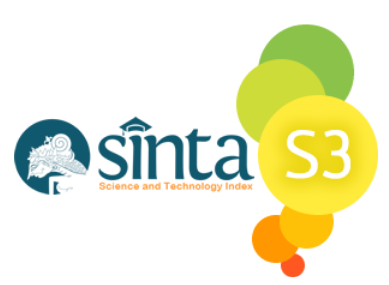A SYSTEMATIC LITERATURE ANALYSIS ON DIGITAL GOVERNANCE IN DEVELOPING COUNTRIES
Abstract
It is imperative to do a thorough literature analysis on digital governance in developing nations to understand how the field is evolving and to identify any gaps in earlier studies. From the Scopus database, information is extracted, processed, and presented in the form of research trends, publication rankings, author affiliation, country affiliation, research funding sponsor, theme/scope, and research location. The information is then interpreted in light of research issues, research orientation/objectives, and research methods. A future research agenda in the area of digital governance in developing nations is produced by this study. Several tendencies can be seen as a consequence of research and analysis of 100 carefully chosen journal articles on e-government and developing nations. In terms of research trends, researchers are progressively studying e government research challenges in developing countries from year to year. The highest level of research scope interest is in digital economy (e-business concerns) and security, both of which are particularly relevant to the current situation. In terms of study topics, there are still numerous research gaps that can be addressed by new studies, particularly research on the e-government process, because there is less research on the process than research on outputs and outcomes.
Keywords
Full Text:
PDFRefbacks
- There are currently no refbacks.
Copyright (c) 2024 Erudio Journal of Educational Innovation

This work is licensed under a Creative Commons Attribution 4.0 International License.












